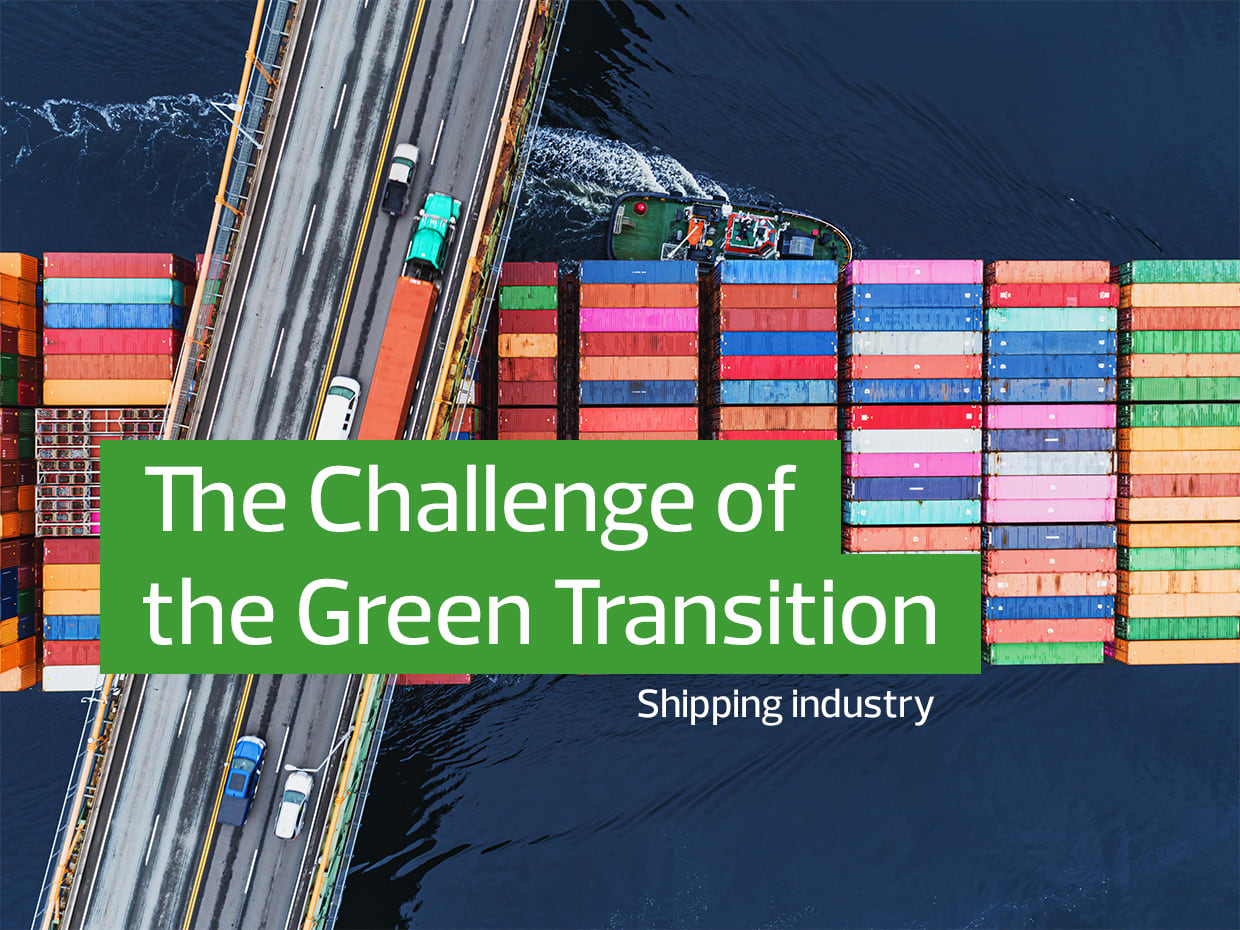The global maritime industry is undergoing an unprecedented transformation, driven by the urgent need to reduce greenhouse gas (GHG) emissions and align with international sustainability objectives. Within this context, Cyprus has emerged as a proactive and competitive maritime hub, striving to position itself at the forefront of the sector’s green transition. This article examines the Cypriot response to European Union (EU) and International Maritime Organization (IMO) requirements, highlighting both regulatory compliance and practical implementation through digital solutions, ESG frameworks, and innovation.
The Global and European Regulatory Landscape
The IMO has set ambitious targets for decarbonization, including reducing the carbon intensity of international shipping by at least 40% by 2030 and reaching net zero GHG emissions by or around 2050. In parallel, the EU has introduced stringent climate legislation, most notably the European Green Deal and its Fit for 55 package, which mandates a 55% reduction in overall EU emissions by 2030 compared to 1990 levels.
For shipping, these policies translate into specific instruments such as:
- EU Emissions Trading System (ETS) extension to maritime transport (effective from January 2024).
- FuelEU Maritime Regulation, targeting the greenhouse gas intensity of marine fuels.
- Energy Efficiency Existing Ship Index (EEXI) and Carbon Intensity Indicator (CII), requiring operators to monitor and improve vessel efficiency.
Cyprus, as a prominent EU Member State with one of the world’s largest merchant fleets under its flag, is directly affected by these regulatory developments. The challenge lies not only in adopting the rules but also in enabling shipowners, operators, and service providers to translate them into practice.
Cyprus as a Maritime Cluster
Cyprus is internationally recognized as a leading shipping center, ranking among the top ship registries worldwide. The Cyprus Ship Registry accounts for a significant share of the world fleet, and Limassol has become home to a vibrant maritime cluster, hosting shipping companies, shipmanagement firms, financial institutions, and maritime legal services.
This cluster provides Cyprus with a unique platform for implementing the green transformation. The concentration of expertise allows for coordinated responses to regulatory challenges, while the government actively supports the industry through incentives, tonnage tax schemes, and targeted strategies under the National Shipping Strategy.
The Shipping Deputy Ministry (SDM) has emphasized digitalization and sustainability as pillars of its vision. Cyprus has already developed a “one-stop-shop” for electronic ship registration and certification, a foundation that facilitates the broader adoption of compliance technologies for ESG and decarbonization.
ESG and the Cypriot Approach
The concept of Environmental, Social, and Governance (ESG) has moved from being a voluntary corporate initiative to a fundamental business requirement. Shipping companies operating from Cyprus increasingly recognize that integrating ESG principles is not only about regulatory compliance but also about competitiveness in global markets.
- Environmental Dimension: Focus on reducing GHG emissions, investing in energy-efficient technologies, and exploring alternative fuels such as LNG, methanol, and future hydrogen-based options.
- Social Dimension: Ensuring seafarer welfare, training, and health—key concerns given the global shortage of skilled maritime professionals.
- Governance Dimension: Transparency in reporting, accountability, and adherence to EU taxonomy and sustainability disclosure regulations.
Many Cyprus-based shipmanagement companies have already adopted ESG reporting frameworks in line with the Global Reporting Initiative (GRI) or Sustainability Accounting Standards Board (SASB). This proactive stance enhances their credibility with investors, charterers, and financial institutions.
From Regulation to Implementation: Digital Compliance Solutions
The practical implementation of green policies requires more than awareness; it demands operational tools. Here, Cyprus has made substantial progress by investing in digital transformation.
Key developments include:
1. Electronic Monitoring Systems: Adoption of real-time data platforms for fuel consumption, emissions tracking, and route optimization.
2. Digital Certification: Cyprus was among the first EU states to issue electronic certificates for vessels, simplifying compliance processes.
3. Automation and AI: Shipmanagement firms in Limassol are piloting AI-based predictive maintenance and energy-efficiency optimization tools.
4. Blockchain for Transparency: Emerging initiatives in Cyprus aim to use blockchain for emissions reporting and carbon credit trading, enhancing trust and traceability.
These solutions not only ensure compliance with EU ETS and EEXI requirements but also create a competitive advantage for Cyprus-based companies.
Challenges Ahead
Despite significant progress, challenges remain. The cost of alternative fuels and retrofitting vessels is high, and global supply chains for green fuels are still underdeveloped. Smaller shipping companies face difficulties in financing compliance measures, raising concerns about market consolidation.
Furthermore, the transition requires skilled professionals with expertise in digital technologies, environmental regulations, and maritime operations. Cyprus must continue investing in maritime education and training, aligning its workforce with the needs of a decarbonized industry.
Conclusion
The green transformation of shipping is not a distant vision but an ongoing reality. Cyprus, as a maritime hub and EU Member State, has positioned itself at the nexus of regulation and innovation. Through a combination of robust policy frameworks, digital solutions, and ESG adoption, Cyprus is moving from regulatory compliance to practical implementation.
By capitalizing on its strong maritime cluster and forward-looking strategies, Cyprus can not only meet EU and IMO decarbonization targets but also solidify its reputation as a resilient, sustainable, and competitive shipping center in the global arena.
By Dr. Alexandros Kelmalis
Dep.CEO A.Kelmalis-Ch.Koumanias Shipping
CEO Orso Nero Rosa Yachts









